#book summary
Text

#wronghands#webcomic#literature#books#reading#john atkinson#humor#shakespeare#romeo and juliet#theatre#abridged#book summary
416 notes
·
View notes
Text
“Maybe it’s that I find the idea comforting… that thousands of years after you’re gone… is when you really live. That your echo is louder than your voice.”
— Tamsyn Muir, Gideon the Ninth
#gideon the ninth#tamsyn muir#harrow the ninth#gideon nav#harrowhark nonagesimus#keep reading#bookguide#currently reading#new books#aesthetic#quotes#bibliophile#book blog#book summary#book review#necromancy#necromancer#fantasy#science fiction#scifi#dulcinea septimus#canaan house
79 notes
·
View notes
Text
𝑺𝒉𝒆 𝑹𝒂 𝑺𝒆𝒗𝒆𝒏 "𝑰 𝑩𝒓𝒊𝒏𝒈 𝑵𝒐𝒕𝒉𝒊𝒏𝒈 𝑻𝒐 𝑻𝒉𝒆 𝑻𝒂𝒃𝒍𝒆" - 𝑨 𝑺𝒖𝒎𝒎𝒂𝒓𝒚 ♛
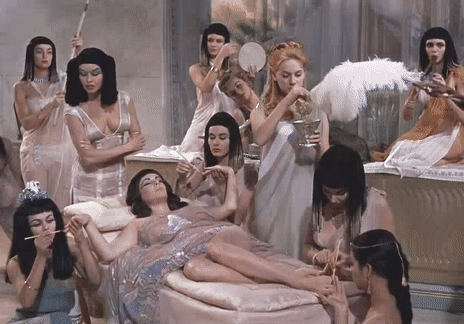
Breaking the Stereotype:
Men often ask women what they bring to the table, but it's important to remember that a relationship is not a potluck dinner. Instead, it's about bringing oneself to the table, and if you start explaining what you bring, you're losing. Men who are secure in themselves strive to impress and uplift their partners, rather than focusing on what their partner can offer in return. It's essential to understand that relationships are not business deals.
Financial Independence:
The concept of Bob The Builder Chicks highlights women who actively participate in building relationships, including contributing financially. These women pay their fair share of rent/mortgage and living expenses. However, it's crucial to address the potential challenges they may face when their partner no longer desires to build together. This situation can be emotionally challenging for Bob The Builder Chicks, as they have invested their efforts in a relationship that may not be reciprocated. Financial independence should always be a priority, regardless of the relationship status, to ensure self-sufficiency and personal growth.
Testing the Strength of a Relationship:
For those who identify as Bob The Builder Chicks and wish to gauge their partner's commitment, a suggested approach could be temporarily shouldering a higher percentage of the financial responsibilities. By giving the partner 75% of the bills, it becomes harder for them to afford extramarital affairs or seek younger companions. If a partner remains committed and loyal, despite the financial burden, it is an indication of their dedication and willingness to be a provider. Conversely, if a partner shows a lack of commitment or seeks out other relationships, it raises questions about their intentions and the foundation of the relationship.
In situations where one is involved with a married man who remains with his wife, it is often due to financial dependency. Men may feel responsible for supporting their wives, making it difficult for them to leave. Independent women, like Bob The Builder Chicks, are more susceptible to being left by their partners because they are perceived as capable of taking care of themselves financially.
The Value of Actions and Authenticity:
It is uncommon for financially secure men to inquire about what a woman brings to the table. Instead, they focus on impressing and showing their genuine intentions through actions rather than mere words.
Maintaining Personal Boundaries:
In the realm of dating and relationships, it is crucial not to compromise one's boundaries and self-worth. Women should not feel compelled to justify their worthiness or what they bring besides physical intimacy. Sexuality should never be an automatic expectation or a bargaining tool. Women deserve partners who value them beyond their physical attributes and who appreciate their individual aspirations, achievements, and aspirations.
The Role of Financial Stability:
While it is not the sole determinant of a successful relationship, financial stability instills a sense of security and facilitates a more balanced partnership. Women who engage with financially unstable partners may face additional challenges and potential regrets.
Superficiality and Desires:
Being upfront and transparent about desires and expectations is crucial. Women should not shy away from expressing their preference for nice things. However, it is essential to build a genuine connection before expecting materialistic gestures. A man's ability to earn money and provide demonstrates responsibility and reliability, factors that women often prioritize over romantic gestures or empty promises.
Reevaluating MGTOW:
Men Going Their Own Way (MGTOW) is a concept that suggests men should disengage from relationships with women. However, the author questions the effectiveness of this approach, as men who identify as MGTOW still desire interaction with women. The text highlights the irony that the very women MGTOW men claim to dislike are the target audience for the author's channel, suggesting that these men may feel inadequate due to financial constraints. It is crucial to reassess this mindset and focus on self-improvement and personal growth rather than shunning relationships altogether.
Reciprocity and Mutual Expectations:
The text underscores the importance of reciprocity and challenges the expectation of free sex from women. Nothing in life is truly free, and it is essential to recognize the value of time, company, and conversations. Men should not expect women to provide these things without any form of reciprocity.
Support and Boundaries:
Real women are assertive, self-assured, and possess a clear understanding of their goals and aspirations. Women should not be expected to assume a maternal role, constantly reminding and assisting their partners. Instead, they should provide support and encouragement when men achieve things independently. It is crucial for women to be cheerleaders for their partners while maintaining their own boundaries and individuality.
#sheraseven#dark femininity#sprinkle sprinkle#book summary#the feminine urge#dark feminine energy#female manipulator#femininity#femme fatale#gold digger#relationship#advice#life lessons#love#relationship advice#spiritualgrowth#self growth#self discovery#self help#self impowerment#self development#book blog#girlblogging#girlboss gaslight gatekeep#girlboss behavior#just girlboss things#just girly things#they hate to see a girlboss winning#girlboss moment#we love a girlboss
91 notes
·
View notes
Note
I know this question has nothing to do with the monkey king, but do you know why did some immortals go against Jiang Ziya in the investiture of the gods? I was always confused about the conflict between the immortals.
I'm not very knowledgeable in Investiture of the Gods. I've only read a really bad English translation once, and because there are so many characters and events, fully understanding the story demands multiple readings. I had to consult this English language summary of the novel, as well as read through the book to reacquaint myself.
Early chapters do mention immortals swooping in to save various characters at different points. But Grand Tutor Wen began bringing in Taoist disciples to fight Zhou forces in chapters 38, 40, and 43. The famous ten array traps are mentioned in chapter 43, and their creation was spurred on by Shen Gongbao. He apparently went to the ten immortals to request help to fight Zhou forces after his infamous encounter with Jiang Ziya in chapter 37. It just snowballs from there.
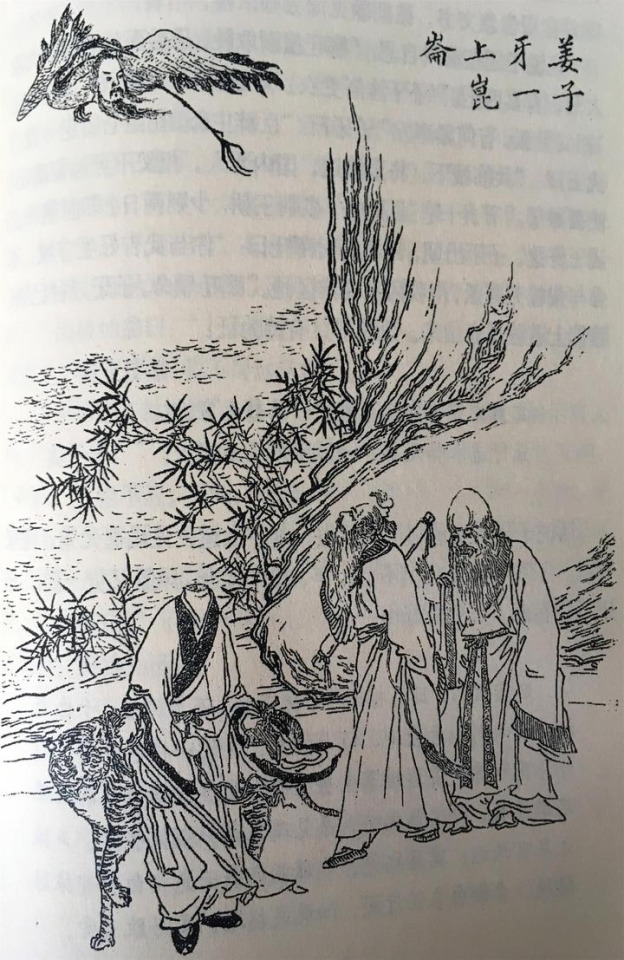
#Investiture of the Gods#Creation of the Gods#Fengshen yanyi#Jiang Ziya#Grand Tutor Wen#Book PDF#Book summary
29 notes
·
View notes
Text
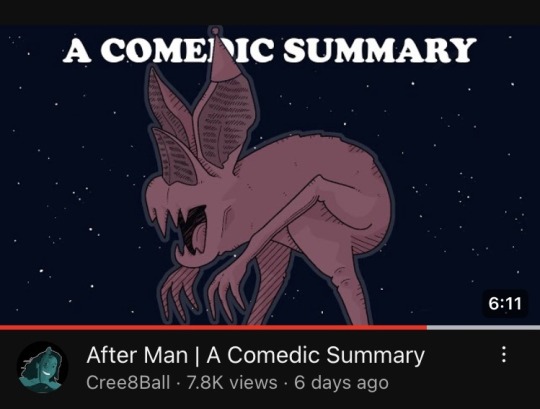
Here’s my personal recommendation of a YouTube video to check out:
youtube
#after man#dougal dixon#future evolution#speculative biology#speculative evolution#speculative zoology#speculative ecology#specevo#spec evo#specbio#spec bio#spec zoo#worldbuilding#worldbuilding project#book video#book summary#artist on youtube#youtube artist#youtube art channel#tumblr recommendations#recommend#recommendation#youtube#youtube content#youtube recommendations#youtube video#video recommendation#youtube link#video link
25 notes
·
View notes
Text
Discussion summary: Trans-Intersex studies
On 2023-09-29 we met to discuss our first foray into academic intersex studies! We read three chapters from Transgender and intersex: Theoretical, practical, and artistic perspectives, edited by Stefan Horlacher (2016).
Overall reactions:
Dimitri: I liked there were perspectives I don't normally think about or see
Elizabeth (@ipso-faculty): I found the Costello chapter really useful because I've wondered why there isn't more trans and intersex connections and this explained it for me
Michelle (@scifimagpie): it tapped into and articulated a larger strain in the queer community “the people who want to have a gender” vs “the people who want to destroy gender, there is a fundamental struggle in that can only be dealt with through tolerance and acceptance
vic: multiple chapters make clear that intersex is made by doctors. This thing happens when you give birth and you don't know what to do and conveniently there’s someone confidently giving you a (usually really bad) answer… we're foisting off this thing that doctors aren't trained to deal with it properly plus have medical arrogance
Connections to Disability Studies
Though the book was intended to get intersex studies and trans studies in dialogue, we made many connections to disability studies throughout the discussion.
Elizabeth: The book talks about the dynamic that the doctors are the ones who socially construct intersex, which is similar to how doctors contribute to the social construction of disability.
Elizabeth: And also how in our society, when it comes to who is listened to most on disability/intersex, doctors come first, followed by parents, and it's those of us actually affected who come last (disability/intersex)
Michelle: it was interesting to see the arguments against eugenic abortion… The amount of eugenicist propaganda that's still around in our society, the text addressing the fact that people would abort an intersex foetus didn't surprise me but did alarm me
Elizabeth: Coming from disability studies I felt the question of who is/isn't intersex isn't actually a productive question, in DS we posed those questions for a minute before realizing it's not productive, to instead focus on ableism
Dimitri spoke about the idea of seeing your body as a garden that you tend to, rather than a machine to be fixed, and how it’s been a helpful framing
Michelle: one thing about accepting my intersex identity is that my body isn't broken for having a hormonal imbalance and it's just a way of being
The social and medical models of disability were invoked by Costello in chapter 4, to show contrasting models of intersex (social vs medical) and transness (social vs medical).
-=-=-
Chapter 1: Introduction by Stefan Horlacher, Pages 1-27.
This chapter gave a brief overview of the state of trans studies and intersex studies, and the motivation for putting these two research areas into dialogue.
We didn’t talk much about this chapter.
Elizabeth: I personally learnt a new word, repronormativity, from this chapter! Per Wiktionary, it refers to the “assumption that all humans want to have children, especially within the context of a monogamous heterosexual relationship”
vic rather aptly described it as “so GERMAN”
-=-=-
Chapter 4: Intersex and Trans* Communities: Commonalities and Tensions by Cary Gabriel Costello, Pages 83-113
This chapter reports on a sociological study of trans and intersex communities on Second Life, noting commonalities as well as tensions between and within the communities.
Everybody found this the easiest chapter of the three to read lol 😅
vic: “I really appreciated the breadth of voices that were included. The author clearly has an argument, but still lets people speak. Like with the person who said ‘I'm not intersex’ and the author was like ‘this could come from fragile masculinity’, it was neat.”
Costello’s conceptual framework
To understand both intersex and trans communities, Costello employs a framework which differentiates a:
Medical framework, in which being intersex/trans is framed as “as a biological problem: a physical lack, superfluity, or malfunction” (p98). While Costello doesn’t use the word “truscum”, this is how many of us are used to referring to people who understand transness through this lens.
Identity framework, in which being intersex/trans is “framed as social in nature: social stigma is directed toward those who are in some way physically variant.”
An important insight of this study was that to understand the relationship between the trans and intersex communities, you have to realize there are four communities at play, not two:
Medical framework trans people (truscum)
Identity framework trans people
Medical framework intersex people
Identity framework intersex people (who are the only ones who use DSD)
And as Dimitri summarized, “the tensions [between the communities] arise in the disorder framework, a lot of the problems lie in the disorder framework, and it's pretty important to make that separation”
In Costello’s study, anti-trans sentiment was linked to the intersex-as-disorder framework
Costello writes about how the majority of intersex people are trained from birth to employ the disorder framework, which can easily result in anti-trans sentiment. Many intersex people are raised in a way where the slightest gender deviance is punished, and feel threatened by gender deviance.
Multiple people noted how the intersex participant “Anna” from Costello’s study had misplaced anger at trans people, that it’s unfair to blame trans people for trans fetish porn when trans people have such difficulty getting conventional employment, and that the demand by cis & perisex people is more at issue
Elizabeth: so many intersex people are told they're intersex by a doctor and that they're disordered and the doctor will fix them so they're not given any community because the doctor is like "I'll fix you" and people are just used to the disorder framework because that's what they've only ever seen.
vic: Yeah, being born visibly intersex getting framed as a medical emergency
Elizabeth: really liked the dig that the shame of the parent comes above everything else
Dimitri: many parents don't know what's going on when their intersex baby is born and they're kinda pressured into the surgeries… the parents might have veered to a more neutral stance on their own, maybe they have some hesitance about having a kid being different, that the surgeries are such a pile-on by everyone around them.... the parents of the kids need their own support, what do the parents need or could have had to make them not make those choices
Similarly, intersexism from trans people was linked to the trans-as-disorder framework
Costello discusses how many disorder-framework trans participants made statements along the lines of wanting to be intersex, or have an “intersex variation of the mind”, mistakenly thinking that this means they may be entitled to free gender affirming therapy (it actually makes it harder to access gender affirming therapy).
Costello explains why this sort of sentiment from trans people is poorly received by intersex people: “It alienates intersex people employing the identity framework by working against their mission to recast physical sex variance as diversity rather than disorder. It alienates intersex people employing the disorder framework by implying that trans-identification [...or] gender-confusion should characterize the intersex person. And the stories told by some trans* people employing the disorder framework about having an impossible intersex history angels intersex people of all camps.” (p107)
Michelle: To be intersex is to have a medicalized gender, and how any gender nonconformity is medicalized… it makes sense why so many trans people would cling onto a misunderstanding of intersex
Michelle: the medicalization of being transgender and you need surgery to fix a flaw in your brain, and the medicalization of intersex, they both need an anti-eugenics approach of let people be a little broken/different
Elizabeth: as a disabled intersex person it's been confusing that trans people would want medicalization like they don't know how terribly medicalized ppl are treated, and the chapter helped me realize they are already medicalized and they're trying to get a more "legitimate" medicalization rather than realizing they’re trying to play a rigged game
vic: transness is medicalized, too–the diagnosis is gender dysphoria and the treatment is transitioning. Also transitioning is only seen as a viable treatment because literally everything else doctors did to “cure” trans people didn’t work (they tried *so* many things). Trans people treating medicalization as something that’s desirable sucks, but I feel so deeply for anyone who was put in a place where that seems like their only option–people who feel like their only way forward is to claim things that don't make any sense. They're like “please, I'll do anything, I'll lie out of my ass, help me”. Those poor people!! And, of course, they also cause harm. It's all so sad.
Criticisms of Costello’s chapter:
Elizabeth: I felt a weakness was not talking about the hypervisibility of trans people vs the invisibility of intersex people. Like trans people who have huge platforms to talk about gender stuff and should know better than to perpetuate perinormative ideas about sex.
vic: transmascs tend to really minimize our own difficulties. We're not well studied, and when we are, the data consistently shows we have the worst outcomes of any gender (in things like health, mental health, employment…). Disheartening to see Costello buy into it at times.
-=-=-
Chapter 5: Transgender and Intersex: Unavoidable Essentialism and the Normative Struggle for Recognition by Sebastian Jansen, Pages 115-140
High level notes
This chapter makes the argument that it’s impractical, if not impossible, to avoid essentialism of some form when theorizing about sex/gender, and so academic gender studies scholars should spend less time trying to avoid essentialism and focus more on improving the material circumstances for intersex, trans & LGBA+ individuals.
vic: I think they were saying that we can't do it because it can't be done without throwing trans & intersex people under the bus
Elizabeth: ch5 was how I realized that in the social [identity] model of intersex where we see intersex as a natural variation it is essentialism and I'm okay with it thanks to this chapter
We all agreed this was a challenging read. As vic put it: “it was very ‘as you know’ and I didn't know”, and that the author was probably nervous about writing it.
Jansen’s chapter got us talking about the nature of gender
Michelle and vic talked about how finding out truth about gender is building houses on shifting sand
Michelle: I liked the stairwell metaphor [that female is one level of a building, male is another level, and there’s a stairwell in between]... I don't like the idea of female and male in opposition, they are categories, you can be both/neither/change
Elizabeth: I did like how ch5 talked about how gender isn't just a thing in your brain, it's made through interactions of people interpreting your gender in interactions and they didn't talk about euphoria and I think gender euphoria is that feeling of people seeing you for the gender you are
Michelle: [Judith Butler’s] gender as conversation reminded me of how art and research are forms of conversation... is gender a form of art?? [we then spent some time talking about this]
Elizabeth: I like the idea that gender should be like hair colour - it's there, you can change/experiment with it, it affects how people see you, but we don't organize society around it and I agree that's a good goal
vic: my gender is contextual - it's different depending on whether in an arts context vs. in interacting with landlord, etc
vic: in War & Peace there are four pages spent describing the beauty of a woman with a moustache–Tolstoy waxes quite poetic about how beautiful & beauty-enhancing her moustache is.
Elizabeth: yeah so many cultures see women's mustaches and/or unibrows as beautiful and hate how current Western culture hates hair
Elizabeth: yeah it's SO RECENT the idea that women shave legs, the Gillette company had saturated the men's market and convinced women that their hair is bad
A main critique of Jansen’s chapter was how it only considered Western perspectives
Elizabeth: ch5 was so Western, based on a mind/body dualism and I wanted there to be a discussion of other cultural constructions, like in cultures without mind/body dualism from what I can tell it's often that trans and intersex are not separated.
We then spent some time talking about different cultural ideas about sex/gender such as Two-Spirit and hijra, and the intense medicalization of transness in Russia
Dimitri described how Russian/Slavic culture is big on repressing any kind of sexuality, and being queer is deeply tied to perversion, which kicked off a discussion of Left Hand of Darkness
Elizabeth: another reason I wanted postcolonial stuff was it'd be useful to have strategic essentialism discussed (Spivak), which seems really relevant to a discussion of essentialism.
Overall we were all glad we got to give our brains some exercise, and we’ll be reading more intersex studies in November! 😅 Join us for a discussion of Holmes’ Critical Intersex on Nov 24.
#intersex book club#book summaries#queer theory#gender studies#intersex studies#trans studies#trans theory#sociology#sociology of gender#intersex books#intersex#book reviews#book review#book summary
25 notes
·
View notes
Text
Ima post this summary of my book I’m making!!! (Yes it is Among Us)
Summary:
The Captain, Detective, Bodyguard, and Medic are on a crazy adventure to try and find out how to stop the Imposters from taking over the entire Multiverse! They gather different people from different crews. Mira HQ, Skeld, and Polus are all there to help. But there are still three imposters among them. Will the four be able to stop the imposters or will they end up dead like the rest?
11 notes
·
View notes
Text
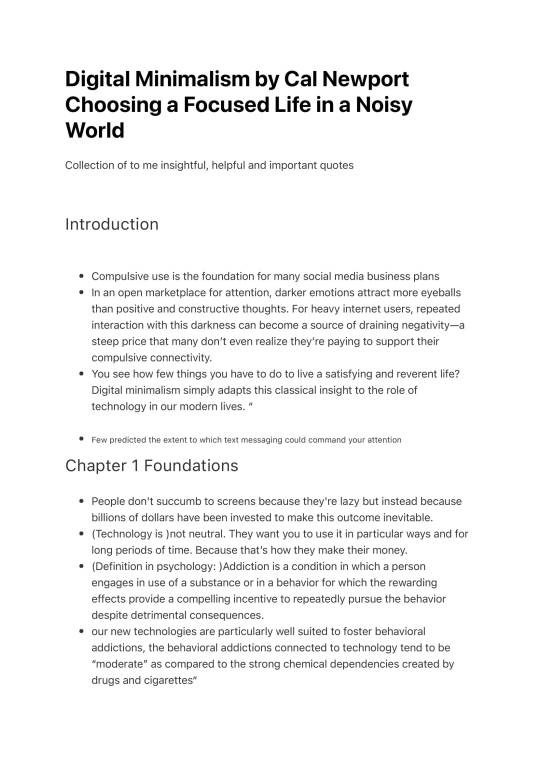

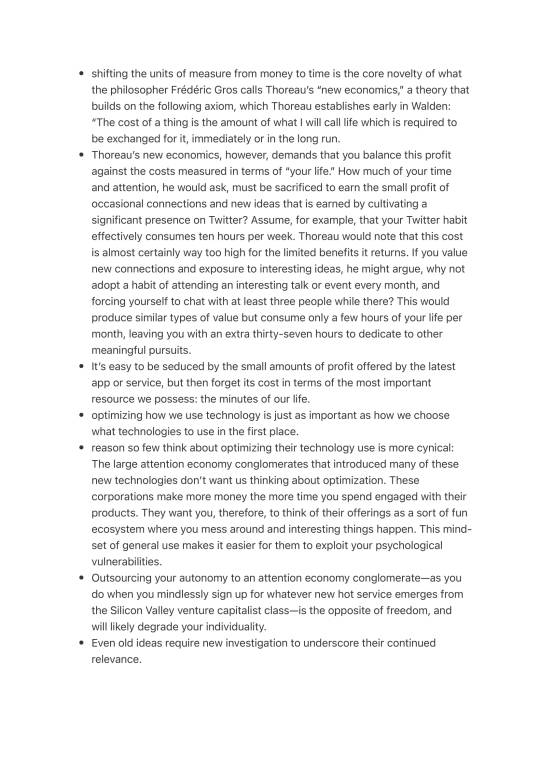
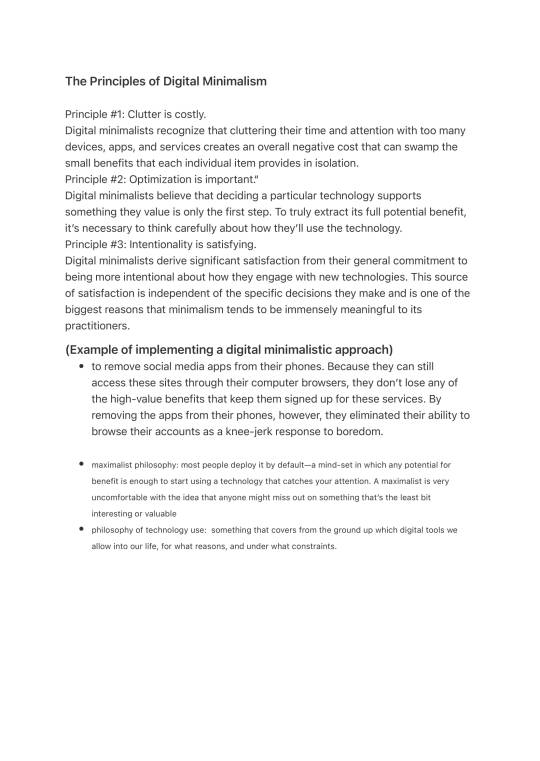

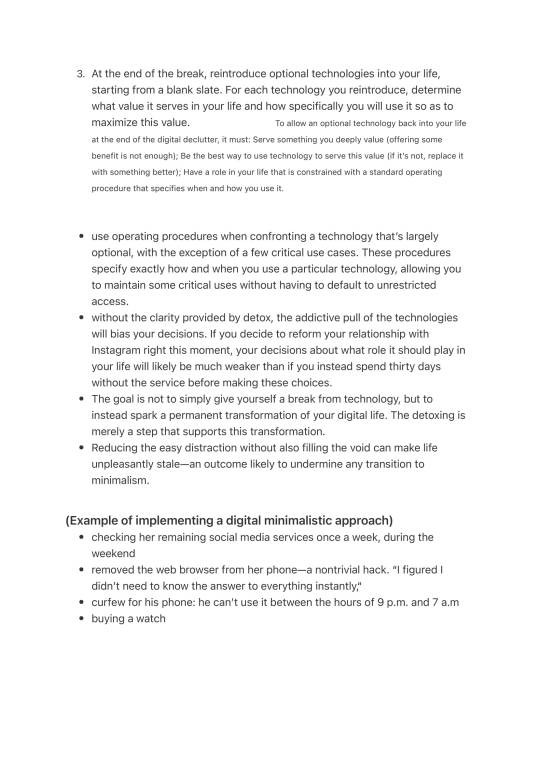
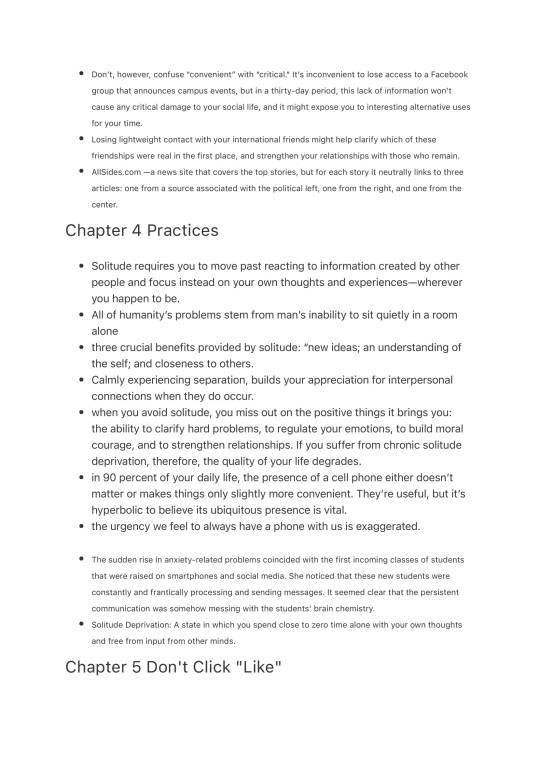


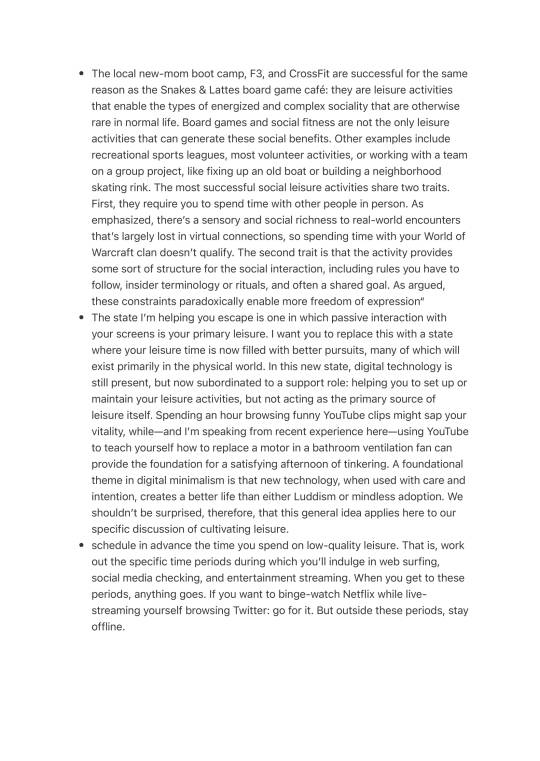
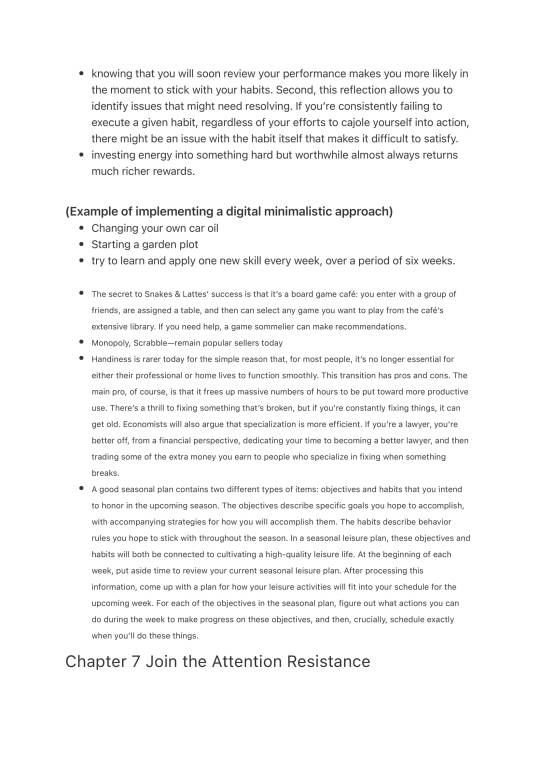
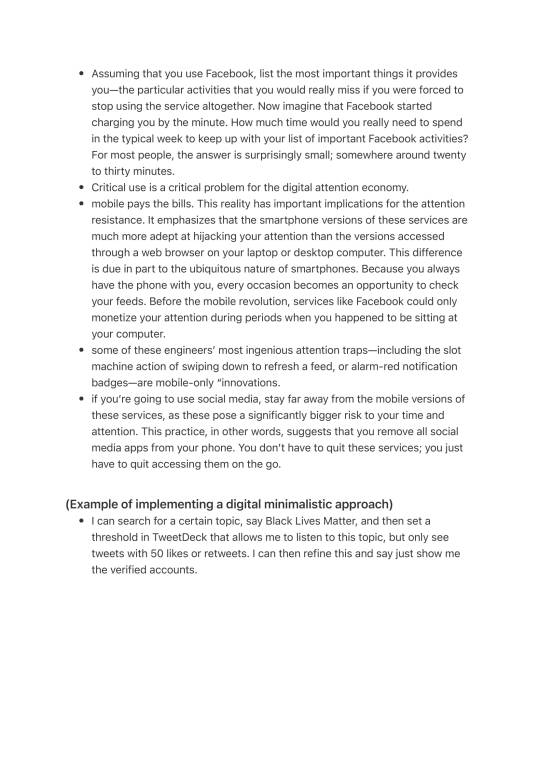
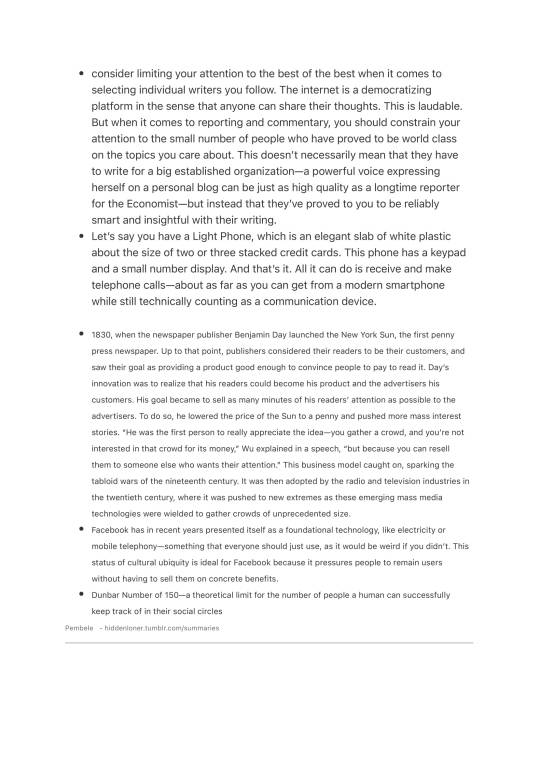
#high maintenance#black luxury#glow up#that girl#self improvement#higherself#black women appreciation#levelup#summaries#summary#book summary#book summaries#cal newport#deep work#digital minimalism#P
251 notes
·
View notes
Text
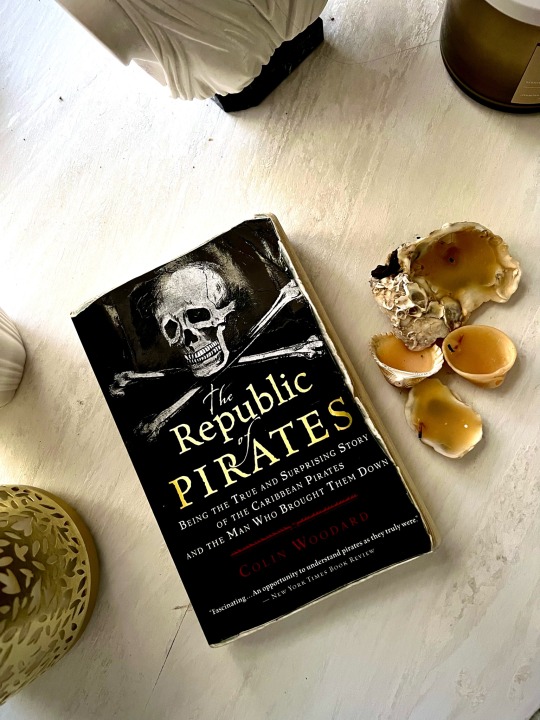
This week I finished reading this book—
The Republic of Pirates
by Colin Woodard
For a book that's entirely nonfiction and written with only the solid facts as the main focus, I can honestly say I felt more emotions reading this than any other book in a long time.
Despite my instinctive love for the world and concept of classic pirates, when I picked up this book I was preparing to be disappointed in some ways; I wanted to know the truth about them, but I was afraid the truth was dismal and that I was going to find a book full of men not to be admired, motivated by their own greed and violence.
In the history of piracy there is certainly greed and violence, but it's not the pirates that I found myself despising. Maybe I'm still a little biased by my idealized view of them, but after reading this book I can't help but feel more love for that league of pirate kings and queens. These were people whose governments—mainly the British, but also the French and others, including the blooming Americas—had not only neglected, but also abused and exploited and even tortured. More than once in the early chapters I had to put the book down because I felt overwhelmed reading about some of the accounts of navy and merchant ships, whose captains and owners had manipulated or even straight-up kidnapped men and boys to put to work as practical slaves. Hundreds of thousands of innocent lives were lost to the sea with no proper respect, sometimes even through deliberate murder by their superiors, and no one did anything about it because these men and boys (and the women and children who were left behind) were poor and had no power, existing as nothing but a workforce for politicians and businessmen to use until they broke.
I'm not going to pretend the pirates weren't sometimes just as vile; of course they were, at times. But these men had decided that enough was enough, that their lives were worth more than having their bodies dumped overboard so some old man could count his riches in his mansion back on land. I feel like many of us can still relate to this in our world today.
These men and women weren't saints, but I don't know what choice they had. Mutinying, thievery, fear tactics—these were all the resources they had, and it was either that or continue to be exploited by a system that gave them no benefit. And in the end, even the most vicious pirate in this book was not as corrupt as most of the high-class thieves and murderers who got away with their corruption because it was legal. The pirates stole to survive and try to thrive in a world not made for them. They married women of other cultures and had beautiful mixed children in a time when that was rare and would be for three more centuries. They often freed slaves from the cargo holds and invited them to join their crews, not caring about their skin color or even if they didn't speak the same language. I found myself laughing more than once at how the many of them would board a ship and then send the crew on their way with an apology and well wishes to get home safely, sometimes even paying the captain for his trouble and the goods they took. Though they did harm some people and earned their reputation in some ways, these men weren't a stereotype of cruelty and lust. They were human.
I held myself back because I was in public at the time, but when I read the last few pages detailing the fall of the pirate leaders, I felt somehow like I was losing friends. They certainly weren't perfect, but I also can't agree that they deserved their fates. The propaganda and political corruption of the times had ensured pirates like "Blackbeard" would be remembered with hatred and terror even to this day, when in reality, the brilliant Edward Teach was known in his circles for his mercy and moral standards toward his men and his victims. In a world where violence was utilized like a tool, forced upon men like him who didn't actually want violence, did he really deserve to die so brutally? Did Calico Jack and Stede Bonnet and Mary Read, and that 20-something-year-old who called the audience cowards for not standing up against their oppressors just before he was hanged with seven others? In a republic (because it was exactly that, a system of fair election based on merit), did the pirate leaders deserve to have their society torn apart so that the old system of exploitation could continue?
After I finished the book, I ate dinner and just wondered...What if? What if some of the pirates' political plans, like Charles Vane's desire to depose the royal family, had actually happened? (That's the same royal family that still rules Britain today, by the way.) What if they had been united with more educated people to enhance their society, providing more structure to it? What if they'd kept Nassau as their capital, creating a trade system that might help fund their goals and dreams? What if their knowledge about other lands and peoples had become the norm? Would we be more intermixed in color and culture today, more advanced in our treatment of other people groups as equals? What if the ideologies hadn't been suppressed, but had been allowed to spread around cities and towns in Britain, Europe, and the Americas, ideologies of freedom for individuals and curiosity about the world and motivation to challenge injustice? What if they'd been given the chance to rule for longer than just the handful of years they'd had?
I didn't mean to write all of this, honestly. I was just going to give a little summary and post the photo. But it's been repeating in my head for days now...What if?
(And just to be clear, I would have married Blackbeard if he'd asked.)
#books#bookstore#bookblr#book blog#books and reading#pirates#pirate vibes#pirate aesthetic#ocean#sea#beach#adventure#nonfiction#historical books#history#book summary#book review#book recommendations#the republic of pirates#mine#rin speaks#blog post#beach aesthetic
23 notes
·
View notes
Text
Desolation is a book where we hope Tobias Erin Rogers can be brought back into the Creepypasta society, He was perfect the way he was, you dont have to change him at all... This is my version of his story, from his point of view.
11 notes
·
View notes
Text

HERE'S AN IDEA
Instead of just remaking the original Neverending Story movie, for the reboot we should make it more like the book
You know
Were Bastian(remember Bastian?) goes mad with power, destabilizes and corrupts the world of Fantastica, before attempting to overthrow the Childlike Empress using the powers she granted him.
Only to then fail miserably, forced to wonder Fantastica in search of a way home, desperate not to lose all memory as he clashes with the world he created now without godlike abilities.
BRING BACK MAD WITH POWER BASTIAN
#the neverending story#movie news#book adaptation#kids books#reboot#book summary#heres an idea#lets do this
11 notes
·
View notes
Text

#water water everywhere#rime of the ancient mariner#samuel taylor coleridge#abridged#literature#books#reading#poetry#poems and poetry#webcomic#wronghands#john atkinson#humor#book summary
57 notes
·
View notes
Text
“You’ve no right to starve people, to punish them for no reason. No right to take away their life and freedom. Those are things everyone is born with, and they’re not yours for the taking. Winning a war doesn’t give you that right. Having more weapons doesn’t give you that right. Being from the Capitol doesn’t give you that right. Nothing does.”
— Suzanne Collins, The Ballad of Songbirds and Snakes
#keep reading#the ballad of songbirds and snakes#the hunger games: the ballad of songbirds & snakes#the hunger games#catching fire#mockingjay#coriolanus snow#lucy gray baird#lucy gray x coriolanus#bookguide#currently reading#new books#aesthetic#quotes#bibliophile#book blog#book summary#book review#panem#katniss everdeen
86 notes
·
View notes
Text

Tangled Affair is the third book of The Tangled Diaries fanfiction series. The story continues in the fourth book, Tangled & Twisted.
BOOK SUMMARY:
The allure of darkness. A deadly love triangle.
Klaus's motives for wanting Stefan at his side are finally revealed. As Stefan sinks deeper into the dark side, Louise struggles with the guilt of her growing bond to Klaus, while Damon and Elena work together to bring their siblings back home.
The ghosts from Jeremy's past have a powerful message they're trying to deliver to him, not to mention the impact they're having on his relationship with Bonnie Bennett; as Caroline and Tyler grow closer, a war erupts between their families.
#book summary#tangled affair#s3#tvd fanfiction#fyeahtvdocs#ocappreciation#tangled diaries#book cover
12 notes
·
View notes
Text
‘We may lose ability to think critically at all’: the book-summary apps accused of damaging authors’ sales
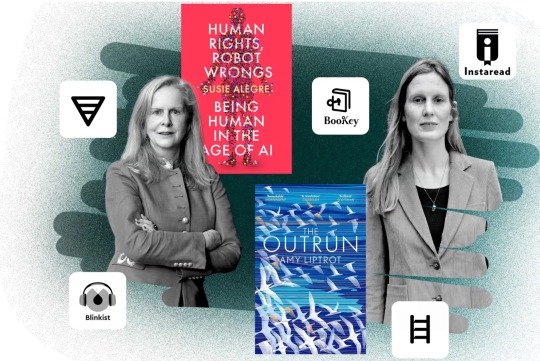
by Vanessa Thorpe
A tech sector dedicated to boiling things down has raised temperatures in some quarters of the publishing world
Hungry for niche knowledge to impress your colleagues? Troubled by the size of a hefty new book? Doubt your abilities to understand complex arguments? Well, today an increasingly competitive industry offers to take away these problems with one product: a book summary app.
Since these digital services first promised to boil down a title, usually a nonfiction work, a decade ago, the marketplace has become crowded. So much so that authors and publishers are concerned about the damage to sales, as well as to the habit of concentrated reading.
READ MORE
3 notes
·
View notes
Video
youtube
Summary of the book 📖 The Secret 🗝️ by Rhonda Byrne
#youtube#the secret#rhonda byrne#the secret book summary#the secret summary#self help#book summary#positive#the greatest secret summary#investing for beginners#the greatest secret book review#book review#books and reading#books#book lover
6 notes
·
View notes